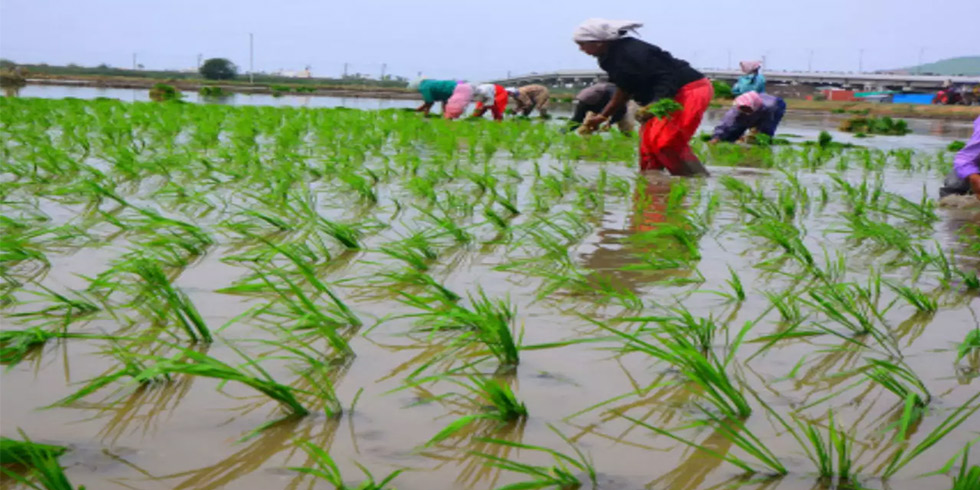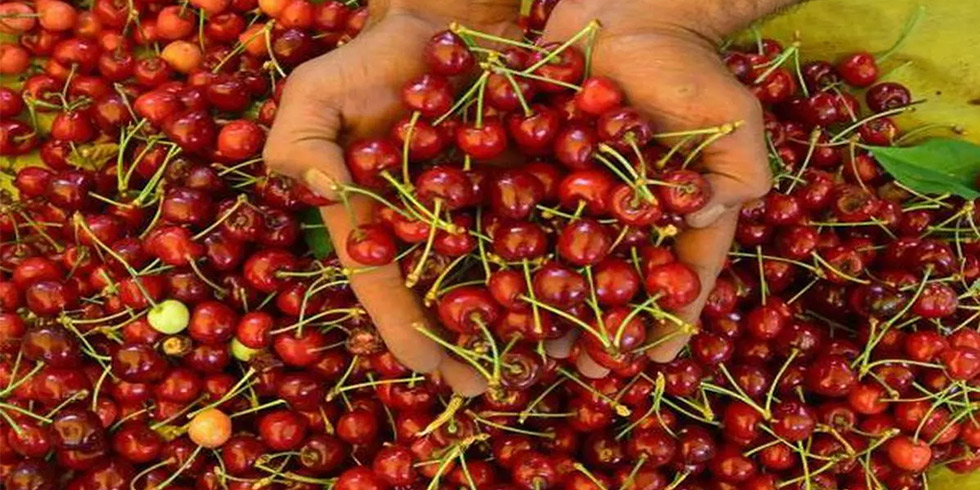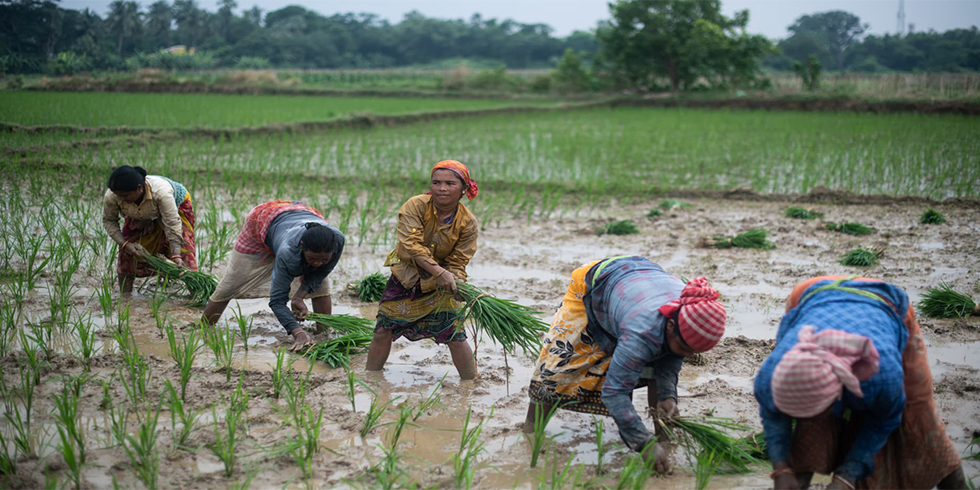Following the recent increase in apple output in Himachal Pradesh, the state government is planning to set up more controlled atmospheric (CA) storehouses (where the carbon-oxygen ratio can be maintained and the temperature can be controlled and adjusted accordingly) to keep the produce safe for longer periods.
Farmers, who are now selling their produce cheaper at peak times, have been demanding cold storage units for the last 10 years to prevent the fruit from getting spoiled. Dr R S Minhas, chairman, Himalayan Organic Agriculture Research and Development (HIMOARD), explained, “We want to supply fruit to the market, but are not fetching good prices. Hence we are unable to manage the market.”
“If we store the fruit in the CA storehouses, we can arrange to supply them accordingly. It would be generalised from time to time, and that would increase the remuneration,” he added.
The Himachal Pradesh Horticultural Produce Marketing and Processing Corporation (HPMC) has decided to set up the units before the onset of the 2015 apple season, so that cultivators could safely store their produce when the market conditions are not conducive.
Existing units
Further, after receiving good response to the CA stores from farmers and private players, HPMC has decided to convert its existing cold storage units - located at Rohru and Oddi in Shimla district, and Pattikuhl in Kullu district - into CA stores. It would also commission a modern apple pack house at Reckong Peo in Kinnaur district. It would be functional before the onset of the next apple season.
“The Adani Group of Companies has installed two CA storehouses, while HPMC has installed one. The latter is planning to install two more stores. There are 4-5 cold stores in Himachal Pradesh,” Dr Minhas informed.
He stated that if stored in a CA storehouse, apples would have a shelf life of about 20-25 days, whereas stone fruits would differ from crop to crop. “For instance, the shelf life of peaches and plums is 5-7 days, while that of cherries is 4-5 days and that of green almonds and pears is 10-15 days,” he added.
“This would help a great deal in using these facilities for the benefit of farmers besides helping HPMC in improving its revenues,” said another official.
Processing plant
He added that HPMC had also decided to upgrade its existing processing plant at Parwanoo, with financial assistance of Rs 12.50 crore from the Agricultural and Processed Food Products Export Development Authority (APEDA), which would not only increase the production capacity, but also reduce the average conversion ratio of apple juice concentrate.
The official stated that land had already been acquired at Nadaun in Hamirpur district for a modern fruit and vegetable packing house with attached cold room and pre-cooler facilities with an installed packing and grading capacity of 4,800 metric tonne per annum.
He added that the project would cost Rs 3.53 crore and would be funded by APEDA. A similar facility, with a project cost of Rs 4.35 crore, has also been proposed at Ghumarwin in Bilaspur.
J C Sharma, managing director, HPMC, stated, “APEDA has funded two projects for HPMC, in the recent past, of 650 metric tonne capacity each at the cost of Rs 6 crore. Recently they have funded one more project of 2,000 tonne capacity for Fresh and Healthy Enterprise, a subsidiary of CONCOR.
He added, “The major challenge with HP government for funding the CA stores is the funding. But since Government of India is providing subsidy liberally and huge potential for more capacities exists, private sector investment is likely to be there in near future. The annual production of apples in HP is around 6 to 8 lakh tonne, whereas the CA capacity is only 30,000 tonne, which indicates a good possibility to have CA stores set up in the state.”
Himachal Pradesh Govt planning more CA storehouses before apple season








Add Comment